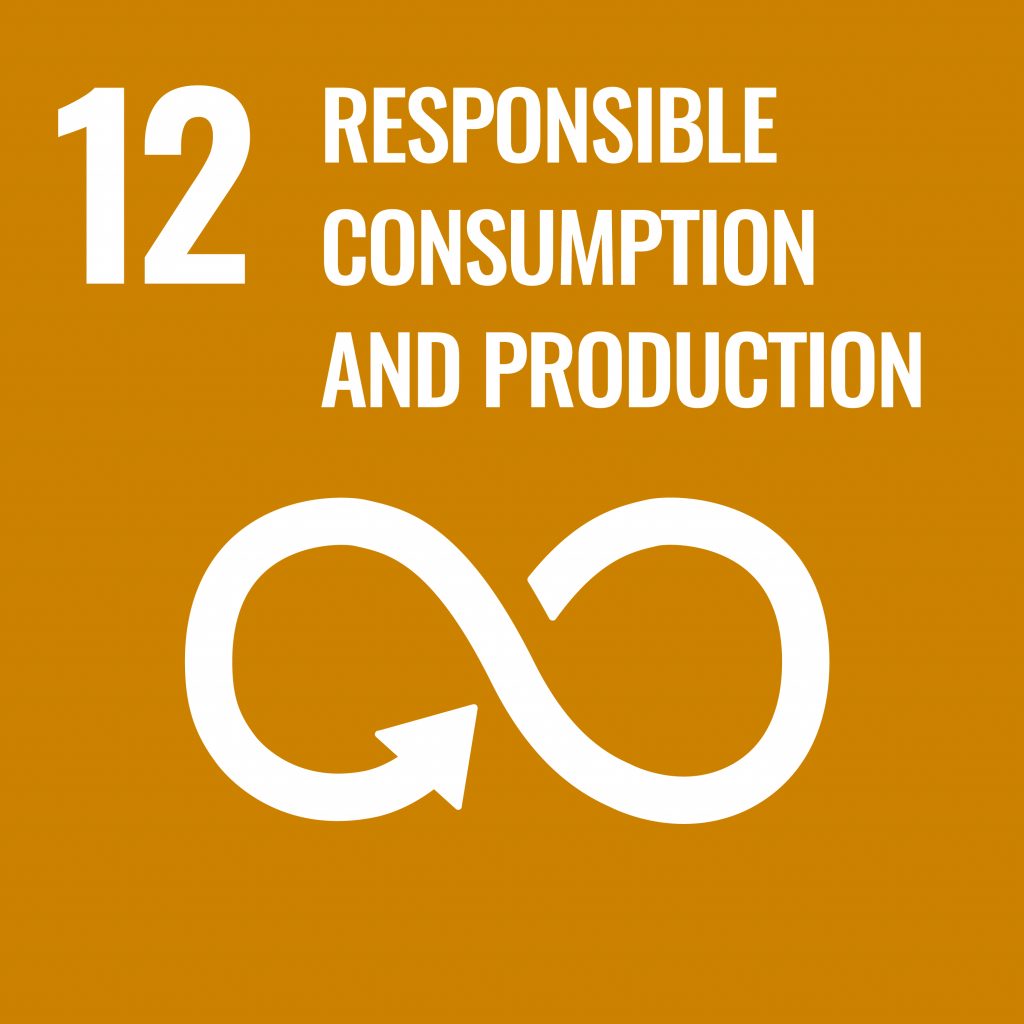WARPit: Carbon Reduction by Reusing
My name is Zoe, and I am a passionate environmentalist, masters student and part time sustainability team member at Loughborough University responsible for leading the relaunch of WARPit. Ideally at the end of this blog you will be a furniture reuse expert and have a good understanding of the WARPit story.
WARPit is a waste action reuse portal which facilitates the redistribution of used furniture and equipment for large organisations. Their mission is “to provide a network where organisations keep their equipment, assets and “stuff” circulating to reduce spend, waste and supply chain environmental impacts”, while also helping public sector and charity organisations. WARPit was designed by founder and CEO Daniel O’Connor who saw serious excess waste issues while working in the waste management sector at universities. He also acknowledged that busy staff had no time to find a new home for surplus items. He set forth to solve this. WARPit started as a freecycle email ring, which was good on a small scale but posed some major challenges. As a result, a reuse platform was created which saved time on sending emails and created an accessible and easy space for organisations to come together to reuse equipment and furniture.
It is all well and good saying how great WARPit is but implementing it is a whole other matter. Let me enlighten you on a few particularly memorable moments for me. Imagine this, I am on the way to my first external meeting. I leave on foot nice and ‘early’ because I don’t want to be late. Naively I assume Sport Park = Powerbase. Sadly not. After checking the map, I realise I am meant to be at a meeting in Westpark in two minutes, at this point I am at least a five-minute cycle away. Safe to say I have never cycled so fast through campus. The cherry on the top was the SNOW. I certainly wasn’t early to my first meeting, but after this I made sure to know the exact location of my meeting at least an hour before.
A month or two passed, I had multiple (timely and successful) meetings and the number of coordinators began to rise. I now needed to start on a training guide, this is a more minor issue but just goes to show karma has a funny way of working out. I joke with my boss about it being easy to upload and photo and that you have to be silly if you can’t put an image on WARPit. For context, you just have to press upload, select your file and then press enter, how hard can it be. Two hours later and I can’t for the life of me work out why my images aren’t uploading, turned out they needed to be in JPEG form. This is now a very clear step in the training guide.
An important moment for me was the first major challenge I received from academic schools; I won’t share who. I was grateful for this as it played a crucial role in shaping the way I thought about the whole project and led to the development of some crucial procurement resources. Despite a few memorable hiccups, relaunching the platform has been really enjoyable, there is plenty of appetite across the university to make the procurement process more sustainable, and many people want to do their bit to help the planet.
Benefits of reusing furniture and equipment include:
- Reduce your carbon emissions
- Reduce your financial expenditure on new resources
- Limit the cost of storing excess furniture
- Reduce waste
- Opportunity to reimagine stuff that other people no longer have a need for
- Minimise your impact on the natural environment and resources
You may be wondering how as a reader you can get involved. If you are staff at Loughborough university, you can contact waste@lboro.ac.uk about being a coordinator for your department or school. If you are a student lobby your school to make sure that they are reusing and repurposing at every point. If you are just passionate about minimising your impact, why not next time you want new furniture go to a charity shop instead and repurpose an item. Thank you for taking the time to read this.

This article is in support of UN Sustainable Development Goal 12: Responsible Consumption and Production. To find out more click here.
Sustainably Speaking
Loughborough University Sustainability Blog